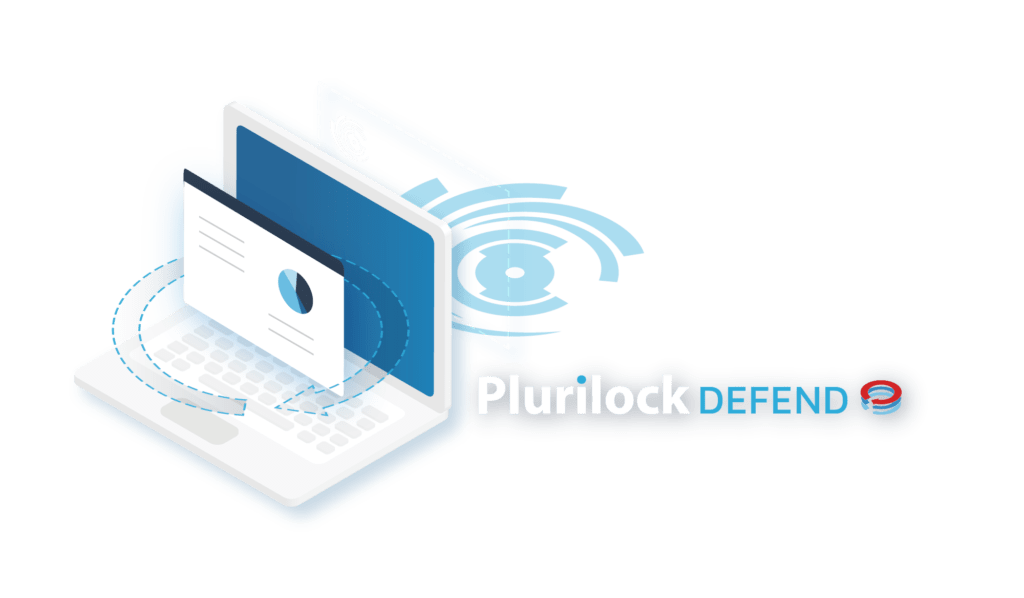Deep Dive into Identity Assurance in Cybersecurity
In the realm of cybersecurity, the concept of identity assurance plays a pivotal role in safeguarding digital assets, data, and systems. In an era where cyber threats continue to evolve and become increasingly sophisticated, ensuring that the right individuals or entities are granted access to sensitive information is paramount. Identity assurance, as a multifaceted discipline, addresses these concerns by verifying and managing digital identities. This deep dive will explore what identity assurance is, why it matters, and provide an in-depth analysis of its importance in the ever-evolving landscape of cybersecurity.
What is Identity Assurance?
Identity assurance refers to the process of verifying the identity of individuals or entities interacting with digital systems, networks, or services. It aims to establish a high level of confidence in the legitimacy of an identity claim. In essence, identity assurance involves answering the fundamental question: “Who is trying to access our systems or data?”
To achieve this, identity assurance encompasses several key components:
Authentication:
Authentication is the process of confirming that an entity is who it claims to be. This can involve various factors, including something the user knows (e.g., a password), something the user has (e.g., a smart card), or something the user is (e.g., biometric data like fingerprints or facial recognition). Strong authentication methods, such as multi-factor authentication (MFA), enhance identity assurance by requiring multiple forms of verification.
Authorization:
Authorization is the process of granting or denying access to specific resources or functionalities based on an authenticated identity’s permissions and privileges. Effective authorization ensures that users can only access what they are authorized to, reducing the risk of unauthorized data access or system manipulation.
Identity Verification:
Identity verification is the process of validating the information provided by an entity during authentication. This can involve cross-referencing the user’s claimed identity with external data sources or documents to establish trust in the user’s identity.
Lifecycle Management:
Managing identities throughout their lifecycle is crucial for maintaining identity assurance. This includes provisioning and deprovisioning user accounts, updating permissions as needed, and ensuring that user accounts are disabled or removed when no longer necessary.
Monitoring and Logging:
Continuous monitoring of user activities and logging of relevant events contribute to identity assurance. Suspicious or unauthorized activities can be detected in real-time, allowing for swift responses to potential security breaches.
Why Identity Assurance Matters
Identity assurance is a foundational element of cybersecurity, and its significance can be understood through several key points:
1. Protection against Unauthorized Access:
Identity assurance mechanisms, such as strong authentication and robust authorization, protect systems and data from unauthorized access. Without proper identity assurance, malicious actors can gain unauthorized access to sensitive information, resulting in data breaches and potential financial or reputational damage.
2. Compliance with Regulations:
Many industries and organizations are subject to regulatory requirements regarding data protection and user privacy. Identity assurance measures help organizations meet these compliance requirements by ensuring that data is only accessed by authorized individuals or entities.
3. Mitigation of Insider Threats:
Insider threats, where individuals with legitimate access misuse their privileges, are a significant concern in cybersecurity. Identity assurance helps detect and prevent insider threats by closely monitoring user activities and ensuring that users only have access to what they need to perform their roles.
4. Fraud Prevention:
Identity assurance is essential in preventing various forms of online fraud, including identity theft, account takeover, and phishing attacks. Strong authentication methods, such as MFA, make it significantly more challenging for attackers to impersonate legitimate users.
5. Protection of Digital Assets:
In today’s digital age, data is often considered one of an organization’s most valuable assets. Identity assurance safeguards these digital assets by ensuring that only authorized personnel can access, manipulate, or transfer them.
6. Safeguarding Critical Infrastructure:
Identity assurance is critical in protecting critical infrastructure systems such as power grids, transportation networks, and healthcare facilities. Unauthorized access to these systems could have catastrophic consequences, making identity assurance a top priority for their security.
7. Enhancing User Trust:
Identity assurance also plays a role in enhancing user trust in online services. When users know that their identities are being protected, they are more likely to use digital services and share sensitive information with confidence.
In-Depth Analysis: The Importance of Identity Assurance
To further understand the importance of identity assurance in cybersecurity, let’s delve into specific scenarios and challenges where it plays a critical role:
1. Zero Trust Security Model:
Identity assurance aligns closely with the Zero Trust security model, which assumes that no entity, whether inside or outside the organization’s network, should be trusted by default. In a Zero Trust environment, identity becomes the primary security perimeter. Identity assurance ensures that users and devices are authenticated and continuously monitored, even after gaining initial access. This approach minimizes the risk of lateral movement by attackers who have breached the perimeter.
2. Remote Workforce:
The shift towards remote work has accelerated the need for robust identity assurance. Remote employees access company resources from various locations and devices, increasing the attack surface. Identity assurance helps ensure that remote workers are who they claim to be and that they have appropriate access levels, reducing the risk of data breaches resulting from compromised home networks or unsecured devices.
3. Cloud Computing:
Organizations are increasingly adopting cloud-based services and infrastructure, which introduces new challenges for identity assurance. Cloud environments require robust identity and access management (IAM) solutions to control access to cloud resources effectively. Identity assurance mechanisms are vital for ensuring that users and applications accessing cloud services are legitimate.
4. Privacy and Data Protection:
In an era where privacy concerns are paramount, identity assurance plays a crucial role in protecting user data. By accurately verifying the identities of individuals interacting with online services, organizations can uphold their commitment to data privacy and ensure that sensitive information is not exposed to unauthorized parties.
5. Combating Social Engineering:
Social engineering attacks, such as phishing and pretexting, often exploit human psychology to manipulate individuals into divulging sensitive information or performing actions that compromise security. Identity assurance measures, such as MFA and user awareness training, act as powerful defenses against these tactics by making it difficult for attackers to impersonate legitimate users.
6. Supply Chain Security:
Identity assurance extends beyond an organization’s internal systems and personnel. It also applies to external partners, suppliers, and vendors. Ensuring the identities of these external entities is essential for safeguarding the supply chain against cyberattacks that could disrupt operations or compromise the integrity of products and services.
7. Incident Response:
In the event of a security incident or breach, identity assurance becomes invaluable. It allows organizations to quickly identify the compromised accounts, trace the attacker’s activities, and contain the breach. Without identity assurance, incident response efforts may be hampered, leading to prolonged exposure to cyber threats.
8. Artificial Intelligence and Automation:
As organizations embrace artificial intelligence (AI) and automation, identity assurance becomes critical in ensuring that AI-driven systems and automated processes are not manipulated by malicious actors. By authenticating and authorizing these systems rigorously, organizations can prevent unauthorized AI model access or automated attacks.
9. Quantum Computing Threat:
While quantum computing promises significant advancements, it also poses a potential threat to existing encryption methods. Identity assurance will play a role in adapting to quantum-resistant encryption techniques and maintaining security in a post-quantum computing era.
10. User-Centric Security:
Identity assurance aligns with the trend towards user-centric security. This approach focuses on securing users rather than just the network or infrastructure. It acknowledges that identities are dynamic, and security measures should adapt to changing user behaviors and requirements.
Conclusion
Identity assurance is the linchpin of modern cybersecurity. It provides the foundation for trust and security in an increasingly interconnected and digital world. By accurately verifying the identities of individuals and entities, organizations can defend against a wide range of cyber threats, protect critical assets, and maintain compliance with regulatory requirements.
As technology continues to advance and cyber threats evolve, the importance of identity assurance will only grow. Organizations must invest in robust identity and access management solutions, employ strong authentication methods, and continuously monitor user activities to ensure the highest level of identity assurance. In doing so, they can fortify their defenses against cyberattacks and build a resilient cybersecurity posture that adapts to the ever-changing threat landscape.












